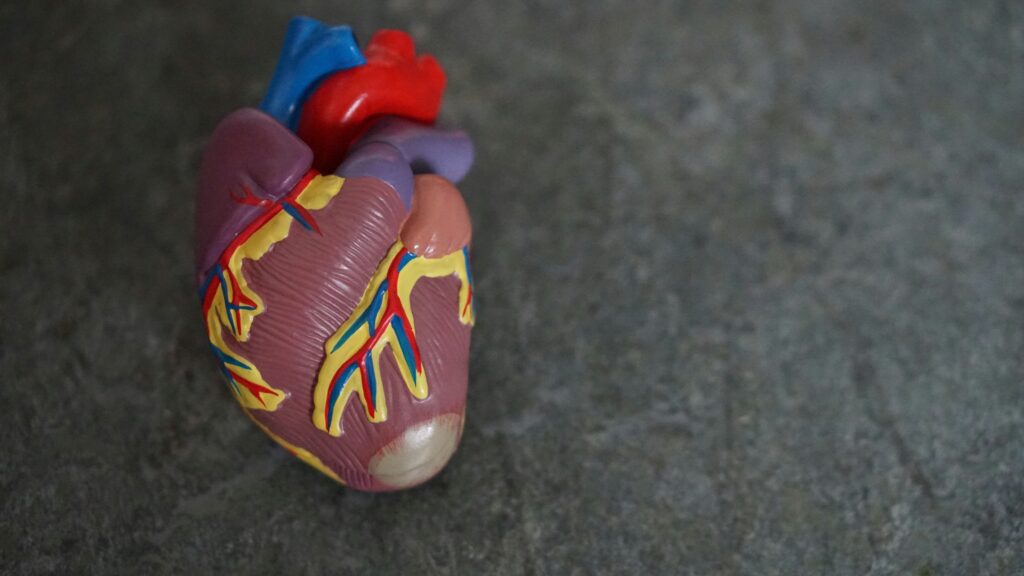
DALLAS, Oct. 9, 2025 — As global food systems become increasingly intricate, the demand for clear and reliable nutritional guidance intensifies. In response, the American Heart Association has launched its second annual Periodic Table of Food Initiative® (PTFI) data visualization challenge, aiming to innovate and simplify the way food and nutrition information is presented.
Themed “Future Food + Nutrition Facts,” this year’s challenge invites interdisciplinary teams to participate until January 30, 2026. The initiative calls upon experts from public health, nutrition science, bioinformatics, data visualization, food systems, and policy to reimagine nutrition information using molecular data from The PTFI, one of the world’s most advanced open-access food composition databases.
Reimagining Nutrition Information
The data challenge seeks to translate complex biomolecular and environmental information into actionable insights for diverse audiences, including consumers, policymakers, industry leaders, and researchers. The PTFI, an initiative managed by the American Heart Association and the Alliance of Biodiversity and the Center for Tropical Agriculture (CIAT), receives funding support from The Rockefeller Foundation.
“This is a translational competition meant to rethink what we know about food, how we share that data in compelling ways and how it informs action,” said Selena Ahmed, Ph.D., global director of The Periodic Table of Food Initiative and dean of Food EDU at the American Heart Association. “We encourage collaboration between scientists and designers, farmers and nutritionists, along with other food system stakeholders, to translate molecular food data into more precise and actionable daily decisions that nourish both human and planetary health.”
The Science Behind the Challenge
The PTFI is constructing a comprehensive database featuring molecular profiles of thousands of foods worldwide. These profiles provide detailed ingredient and nutritional information, along with data on the origins and cultivation of specific food products. This initiative reveals the biomolecular complexity of food beyond calories and macronutrients, emphasizing connections between food, health, biodiversity, and sustainability.
Participants will have access to these comprehensive profiles, challenging them to create compelling visualizations that transcend traditional nutrition facts. Winning designs will demonstrate how food and nutrition information can better reflect nutritional quality, molecular diversity, sustainability impact, or cultural relevance.
“For the first time in history, we are able to detect the full richness and complexity of all the chemistry contained in the world’s food biodiversity. But how do we communicate that? How do we make it mean something, have impact and ultimately improve human and planetary health?” said John de la Parra, Ph.D., director of Food Initiatives at The Rockefeller Foundation. “That is what this challenge seeks to address.”
Global Participation and Future Implications
The competition is open globally, subject to legal restrictions, and includes two tracks: a general design category and a specialized research category for scientists and researchers submitting technical summaries. The challenge will award $40,000 in cash prizes, including $20,000 for the top entry. Winning visualizations will be showcased at an upcoming PTFI Science Symposium in 2026 and across digital platforms.
Entries will be evaluated based on creativity, scientific accuracy, accessibility, and real-world relevance. There is no cost to enter. Interested participants can register for a webinar detailing the challenge, where full guidelines and submission rules will be provided.
This initiative represents a significant step towards transforming complex food data into visuals and tools that drive informed decisions, from policy to plate. As the challenge unfolds, it has the potential to reshape how we perceive and utilize food and nutrition information, ultimately benefiting both human and planetary health.





